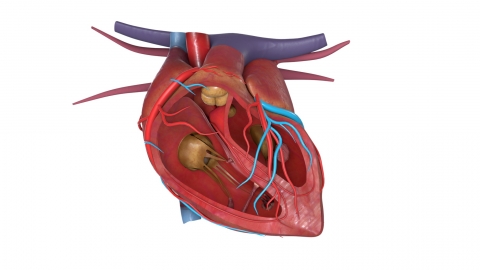Is a myocardial enzyme level elevated to 300 U/L dangerous?
Generally speaking, if the level of cardiac enzymes rises to 300 U/L without any obvious abnormal symptoms, it may not be dangerous. However, if the cardiac enzyme level reaches 300 U/L and is accompanied by abnormal symptoms, there may be a risk. If any abnormalities are present, timely medical attention is recommended. Detailed analysis is as follows:

Cardiac enzyme levels are an indicator of myocardial damage, with a normal reference range generally below 40 U/L. In some non-cardiac conditions, such as intense physical exercise, medication effects, or dietary factors, cardiac enzyme levels may transiently increase. In such cases, if no other cardiac-related symptoms are present and the enzyme levels return to normal upon subsequent re-examinations, the elevation may not hold clinical significance. Nevertheless, patients should still closely monitor their physical condition and undergo necessary examinations and treatments under a physician's guidance.
However, if cardiac enzyme levels significantly increase and are accompanied by cardiac symptoms such as chest pain, chest tightness, or shortness of breath, this often indicates damage to the myocardial cells. This could be caused by cardiac diseases such as acute myocardial infarction or viral myocarditis, which can lead to myocardial cell necrosis and the subsequent release of large amounts of cardiac enzymes into the bloodstream. If left untreated, these conditions may worsen, potentially leading to severe cardiac dysfunction or even life-threatening situations. Immediate medical evaluation and treatment are required.
In daily life, maintaining healthy lifestyle habits and a positive mental state is important. One should avoid excessive fatigue and emotional stress to help maintain good heart health.




